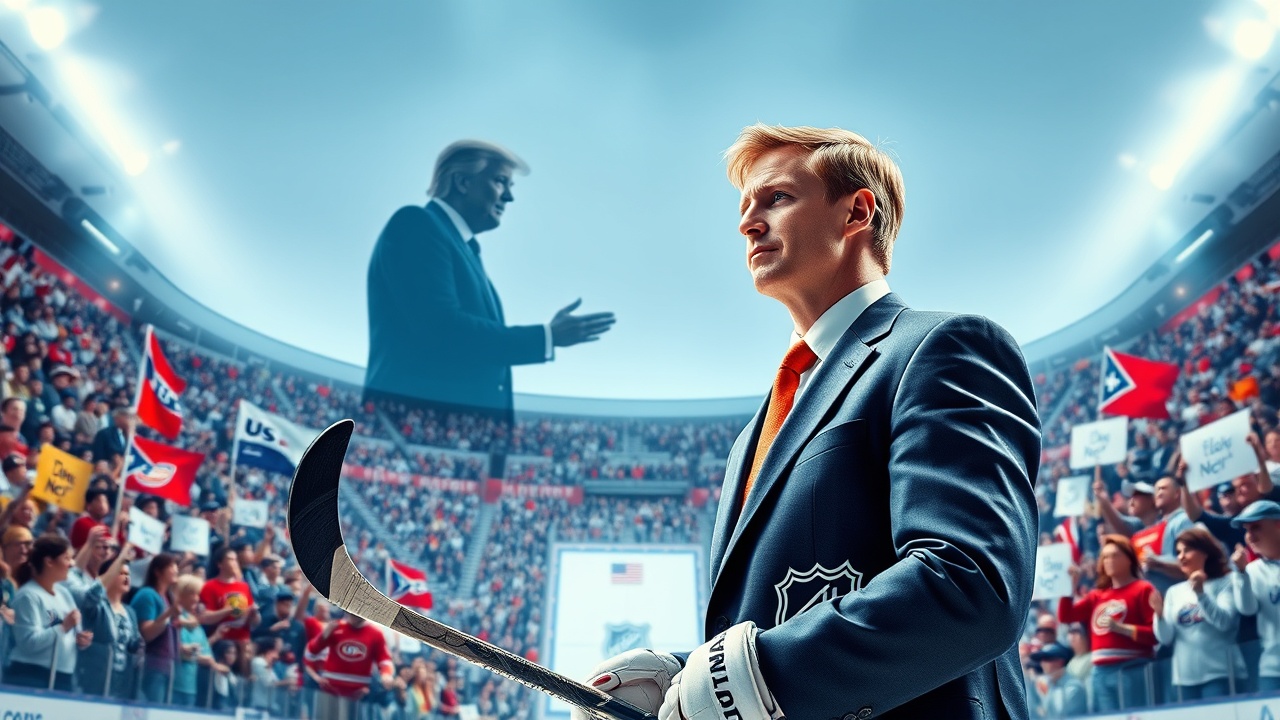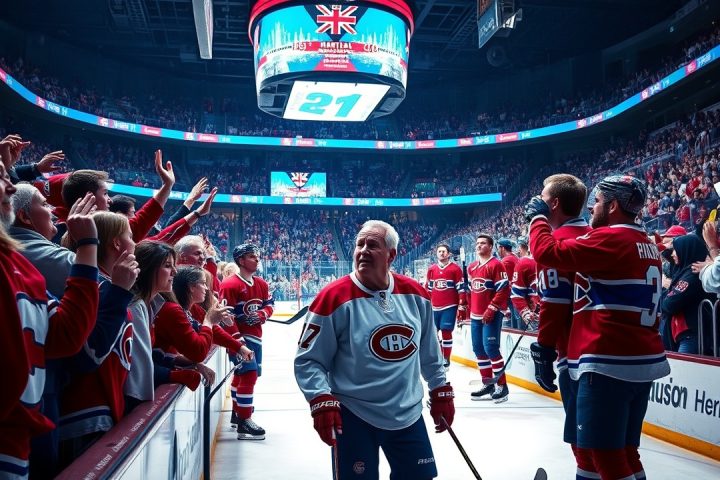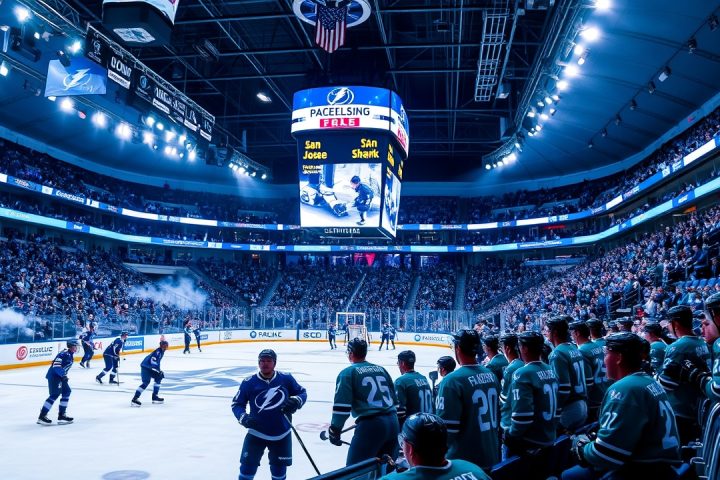NHL Commissioner Gary Bettman’s Conflicting Messages on Diversity
NHL Commissioner Gary Bettman appears to be sending conflicting messages regarding social inclusivity and diversity. In a forward to the league’s inaugural diversity and inclusion report published in 2022, Bettman asserted that varied representation in welcoming environments spurs innovation, creativity, and decisive improvements—elements he believes are crucial for the league’s and the sport’s growth. He emphasized a commitment to fostering engagement across various dimensions of diversity such as race, gender, nationality, sexual orientation, religion, and disability.
Controversial Appointments and Actions
However, Bettman’s recent appointment to Donald Trump’s sports council has raised eyebrows. Along with NHL great Wayne Gretzky and other sporting figures, he will be part of a group focused on traditionalizing college athletics, which notably includes measures aimed at restricting transgender women from competing in female sports. This move does not seem apt for someone aiming to enhance understanding surrounding gender identity, a goal he outlined in his earlier statements.
Bettman’s history of ambiguous stances on social justice issues is notable. For example, the NHL aimed to host a diversity-oriented career fair at the 2023 All-Star Game in Florida, hoping to diversify its predominantly white and heterosexual workforce. This initiative drew criticism when the Florida governor’s office accused the league of discriminating against white applicants, leading to the event’s cancellation.
Moreover, when several players opted not to wear Pride-themed jerseys during warm-ups, instead of upholding the league’s diversity commitments, the NHL urged a variety of perspectives on social matters. In a later decision during Pride month, Bettman scrapped the use of these jerseys altogether, characterizing the ensuing controversy as a distraction from the intended message.
Concerns from the Community
Former NCAA player Harrison Browne, who made history as the first transgender player in professional hockey, expressed concern about Bettman’s involvement with a council targeting marginalized communities, particularly transgender individuals. Reflecting on his collegiate experience, Browne highlighted the need for institutional acceptance for gender-diverse athletes, emphasizing the importance of having support systems in place during formative years.
The Future of Inclusivity in the NHL
Throughout his tenure since 1992, Bettman has maintained that the NHL’s success relies on its ability to appeal to fans broadly. At that time, he promised to evolve the image of hockey to make it more appealing, acknowledging that this evolution might challenge some traditionalist viewpoints among team owners.
As the landscape of North American sports becomes increasingly polarized, it is troubling that the NHL is aligning itself with political narratives that clash with its professed values on diversity. Observers worry that by engaging with an administration perceived as hostile to LGBTQ+ rights, Bettman risks rolling back the progress made toward inclusivity in hockey, potentially undermining the sport’s future growth and appeal. For Bettman, the choice should be clear: prioritizing inclusivity and representation should take precedence over any political alliances that may provoke division within the sport.
In light of these issues, it is crucial for Bettman and the NHL to reevaluate their actions and ensure that their commitment to diversity is not merely superficial, especially as they navigate these contentious social landscapes.




